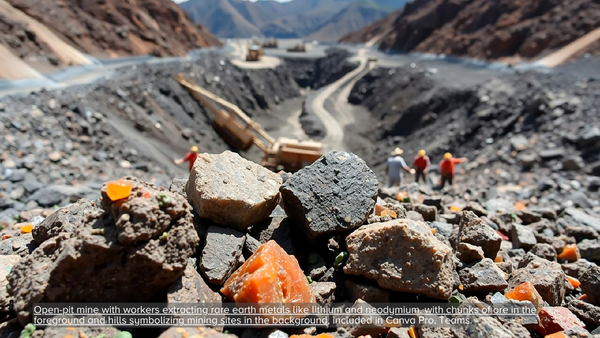Ten dead and 300 injured". This is not the toll of a natural disaster, but of the repression faced by workers attempting to exercise their trade union rights during 2009 in the Asia-Pacific region. The latest ITUC Survey of Violations of Trade Union Rights also reports on the cases of over 2000 workers who were dismissed for having attempted to defend their rights. The report is damning: there was virtually no progress in the area of respect for trade union rights during 2009.
This is not the toll of a natural disaster, but of the repression faced by workers attempting to exercise their trade union rights during 2009 in the Asia-Pacific region. The latest ITUC Survey of Violations of Trade Union Rights also reports on the cases of over 2000 workers who were dismissed for having attempted to defend their rights. The report is damning: there was virtually no progress in the area of respect for trade union rights during 2009.
The Philippines is once again singled out as one of the most dangerous countries in Asia for trade unionists, despite the sending of an ILO high-level mission to investigate allegations of murders and abductions targeting trade unionists. Three trade union leaders were murdered in 2009 and another died following interrogations by state security forces. The ITUC survey condemns the culture of impunity threatening Filipino trade unionists, an impunity that stems from the Aroyo administration's lack of political will to ensure respect for due process and the rule of law for workers. One of the most common tactics used by the Filipino government and employers is to accuse union leaders and members of terrorism.
Another black spot on the Asian continent, in terms of the number of trade unionists murdered, is Bangladesh. The lifting of the state of emergency raised hopes of an improvement in the situation for the Bangladesh trade union movement and better economic conditions for workers, but nothing has changed in practice. Six garment workers were killed in attacks by the police or company security guards during strikes or protests linked to wage demands. Many other trade unionists were arrested.
In South Korea, the trade union movement has been faced with mounting repression since the election of the conservative government in early 2008. The police violence against strikers continued during 2009, resulting in many serious injuries and mass detentions. At least two trade union leaders were condemned to lengthy jail sentences. Trade union leaders are often charged with the "obstruction of business", a catch-all clause that allows the authorities to criminalise trade union activities.
The ITUC survey denounces the many violations committed in India, particularly the police violence instigated by company managers against trade union representatives and workers. One worker was killed during a demonstration in the state of Haryana. He is reported to have been beaten to death by men wielding iron rods, who were believed to be associated with the management of Rico Auto Industries. Thousands of Indian workers were arrested or faced criminal charges in 2009 for having taken part in collective action.
Trade union activity continued to be heavily repressed in Burma, where the FTUB (Federation of Trade Unions - Burma) is still considered an illegal organisation. Trade union rights remain virtually nonexistent in North Korea, whilst China, Vietnam and Laos only permit the existence of a single official union, which amounts in effect to a denial of the right to freedom of association.
In China, faced with ever more frequent strikes, the local authorities are adopting a less hostile stance against protesters, although these continue to suffer harassment and repression at the hands of the police. Some are sentenced to jail (officially termed "reform through labour" or "lao gai") in trails that fail to comply with international standards. Others are sent for "re-education through labour", an administrative process which bypasses the few safeguards in the criminal justice system. The ITUC survey however notes that there are increasing numbers of grassroots unions at company level either formed by the workers themselves or prompted by official ‘organising’ campaigns that have evolved into something resembling genuine trade unions.
Among the overall trends highlighted by this year's Asia section of the ITUC survey are the lack of respect for trade union rights in the legislation and the generally poor application of labour laws. The creation of yellow unions is commonplace, as is the use of short-term contracts, making unionisation difficult. The right to strike is often hampered by excessive restrictions, and in countries such as Fiji, Pakistan and the Philippines, the authorities have undue powers to terminate strikes.
The ITUC survey underlines the widespread trade union rights violations in export processing zones, especially in South Asia. It also draws attention to the plight of migrant workers in Asia, who are
prey to frequent abuses by their employers and are very often denied trade union rights. The survey highlights the plight of female migrant domestic workers who, working in isolation in private households, find themselves in a particularly vulnerable position. In Malaysia, for example, an Indonesian domestic worker was beaten to death by her employer, and another Indonesian woman finally managed to escape from her employer's home after suffering three years of torture.










